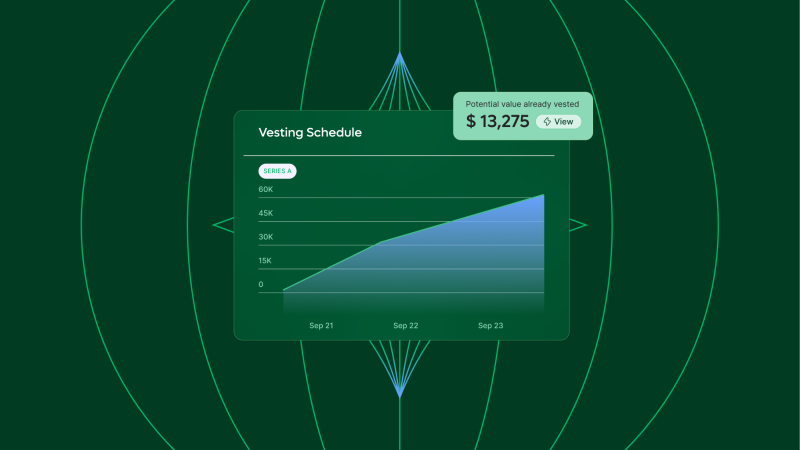Paid sick leave is a workplace benefit that allows employees to take time off from work due to illness or medical reasons while still receiving their regular wages. Under a paid sick leave policy, the employer or a government or social program may compensate the employee for the hours they would have otherwise worked had they not been unwell.
Paid sick leave is critical for maintaining employee well-being and productivity. It ensures that workers can seek medical care, recover from illness, or address family health issues without facing financial hardship. Employers often grant a specific number of sick days per year, and these can accrue over time or be provided upfront.
Paid sick leave policies may vary from one organisation to another and are often subject to legal regulations. These regulations can determine the eligibility criteria, accrual rates, and usage rules. Implementing paid sick leave contributes to a healthier workforce, reduces the spread of illness within the workplace, and promotes employee job satisfaction. It is a vital element of labour rights and employee benefits, recognising the importance of supporting employees in times of health-related challenges.
The regulations regarding paid sick leave vary widely from one country to another. Some countries have robust labour laws and regulations that require employers to provide paid sick leave, while others do not mandate such benefits, leaving it to the discretion of employers. In countries with more developed labour laws, such as Canada and many European countries, there are often legal requirements for employers to offer paid sick leave to their workers. This is also true in some (but not all) of the United States of America. The specific terms of paid sick leave, such as the number of days, accrual rates, and eligibility criteria, can also vary within these countries.
In many less economically developed countries, paid sick leave may not be as prevalent or regulated. Workers in such countries may not have access to paid sick leave, and their ability to take time off work due to illness can be limited, leading to financial hardship and challenges in accessing healthcare.
It's important to research the labour laws and employment regulations specific to each country to understand the provisions for paid sick leave and the rights of workers in that particular region.
According to the World Population Review website, more than 98 countries legislate paid sick time for employees.
Keeping in mind the labour laws in the employer's specific region, an organisation's sick leave policy should outline at a minimum:
The number of allotted sick days
Eligibility criteria
Rules for accrual and carryover
Notification procedures for absences
Documentation requirements (such as medical certificates or doctor's notes)
The process for requesting sick leave
The policy should also address using sick leave for personal and family care, including any paid or unpaid provisions. Furthermore, it should clarify the consequences for unauthorised or excessive sick leave and establish a clear process for requesting and approving time off due to illness. Review and update the policy regularly in accordance with legal regulations to maintain compliance and provide employees with fair treatment.
Trending terms
Work from home (WFH) stipend
WFH stipends turn everyday spaces into extraordinary workplaces
Surcharge
Old legends, new triumphs
Paycheck
Upgrading the daily grind
EMS
Balancing work and well-being
Surcharge
Simplified structure, full control
Surcharge
Quietly counted compensation
Nepotism
Competence, not cousins
Upward mobility
Scaling heights, sans vertigo


